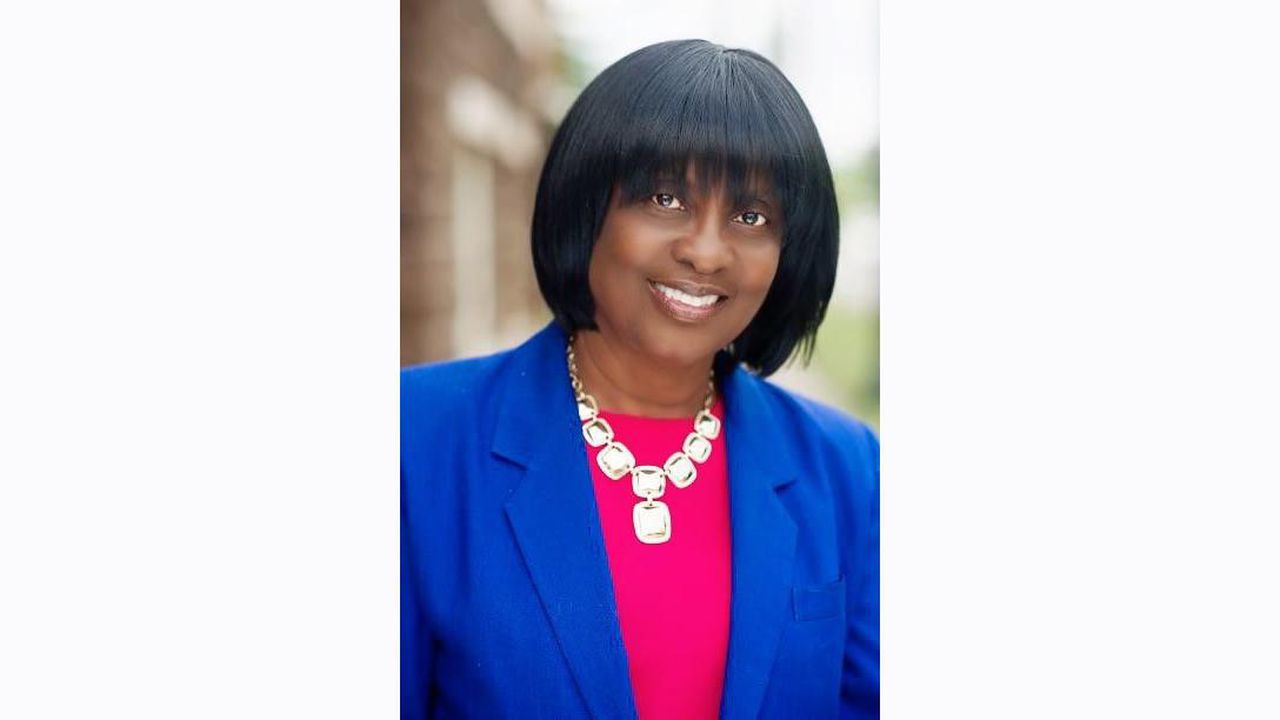Guest opinion: Global COVID-19 âemergencyââ has ended. For the South, vaccination remains critical.
This is a guest opinion column
Public health officials, doctors, politicians, and celebrities – even the Pope – have spent the past two years urging people to get vaccinated and boosted against COVID-19. Unfortunately, many have yet to take their advice. As of May 2023, only 17% of the U.S. population have received an updated COVID booster dose. With the recent end of the global and federal public health emergencies and the elimination of many COVID restrictions, 62% of Americans believe that COVID is over, according to results from a May 2023 Axios-Ipsos poll.
COVID persists as new variants continue to emerge, and new COVID-related hospitalizations have been trending upwards in the U.S. since the beginning of July, according to the CDC. In Alabama, there have been more than 70,000 cases and more than 250 COVID-related deaths in the first five months of 2023. Yet, as of May 2023, the CDC reports that just under 8% of Alabama’s population received an updated COVID booster dose, the second lowest in the nation tied with Louisiana and just above Mississippi. In fact, as of April 2023, among the 10 states with the lowest rates of primary series vaccination, six were in the South.
A study in the American Journal of Managed Care found that hesitation to vaccinate against COVID may not be due to a lack of health literacy. That raises the question: If people understand the facts, why do vaccination rates remain low?
There are many factors. In my opinion, one of the biggest is the widespread belief that the crisis is behind us. If that is true anywhere, it certainly is not true here.
The Journal of Comparative Family Studies examined public health trends in the South and found that this region has a disproportionate concentration of poor health outcomes and poverty. Nine of the nation’s 10 states with the least healthy populations are in the South, with Southerners more likely to suffer from chronic illnesses. Researchers described the combination of health issues and lack of access to care paired with large social gatherings and the significance of church attendance as creating a “perfect storm” of COVID vulnerability.
Furthermore, the South is home to the largest proportion of Black Americans in the U.S. Over most of the course of the pandemic, Black Americans have had higher rates of infection and COVID-related deaths compared to White Americans.
I love many things about the South – the food, shady front porches, sweet tea, our colorful colloquialisms, and greeting people you know with a warm hug. And I believe that to beat COVID, we must address some unique vulnerabilities. The social and health disparities here require a community-based approach to reach those most at risk, including Black Americans. I believe one way to build confidence and protect more people is to educate them about the available COVID vaccines.
COVID has been especially hard on the front-line healthcare providers we all depend on. A recent report from the National Council of State Boards of Nursing (NCSBN) found that about 100,000 nurses nationwide have left the profession since 2021—and more than 600,000 of those who remain intend to leave the workforce in the next four years. More than half the nurses in the survey say they feel “emotionally drained” or “used up.”
As both a nurse and the President and CEO of the National Black Nurses Association (NBNA), whose 300,000 members tirelessly work to educate, test, and vaccinate people every day, I can attest to COVID fatigue. Yet, we remain committed to the fight against COVID. As trusted members of the healthcare system, nurses have a lot to contribute— in caring for patients, debunking misinformation, and creating solutions that protect everyone’s health.
With the fall vaccination season upon us, I feel as much urgency today as I did in early 2021 about the need to educate, advocate, and vaccinate. I believe everyone should understand the options available to them, and I would advise everyone to turn to their trusted healthcare providers, such as nurses or pharmacists, to discuss how best to protect themselves and their families. The end of the federal COVID emergency was not the end of the crisis, but it has the potential to be a turning point in our work.
Martha Dawson, DNP, MSN, RN, FAAN, FACHE, President of the National Black Nurses Association and Associate Professor at the University of Alabama at Birmingham School of Nursing, and wrote this in collaboration with Novavax Inc., a biotechnology company.
